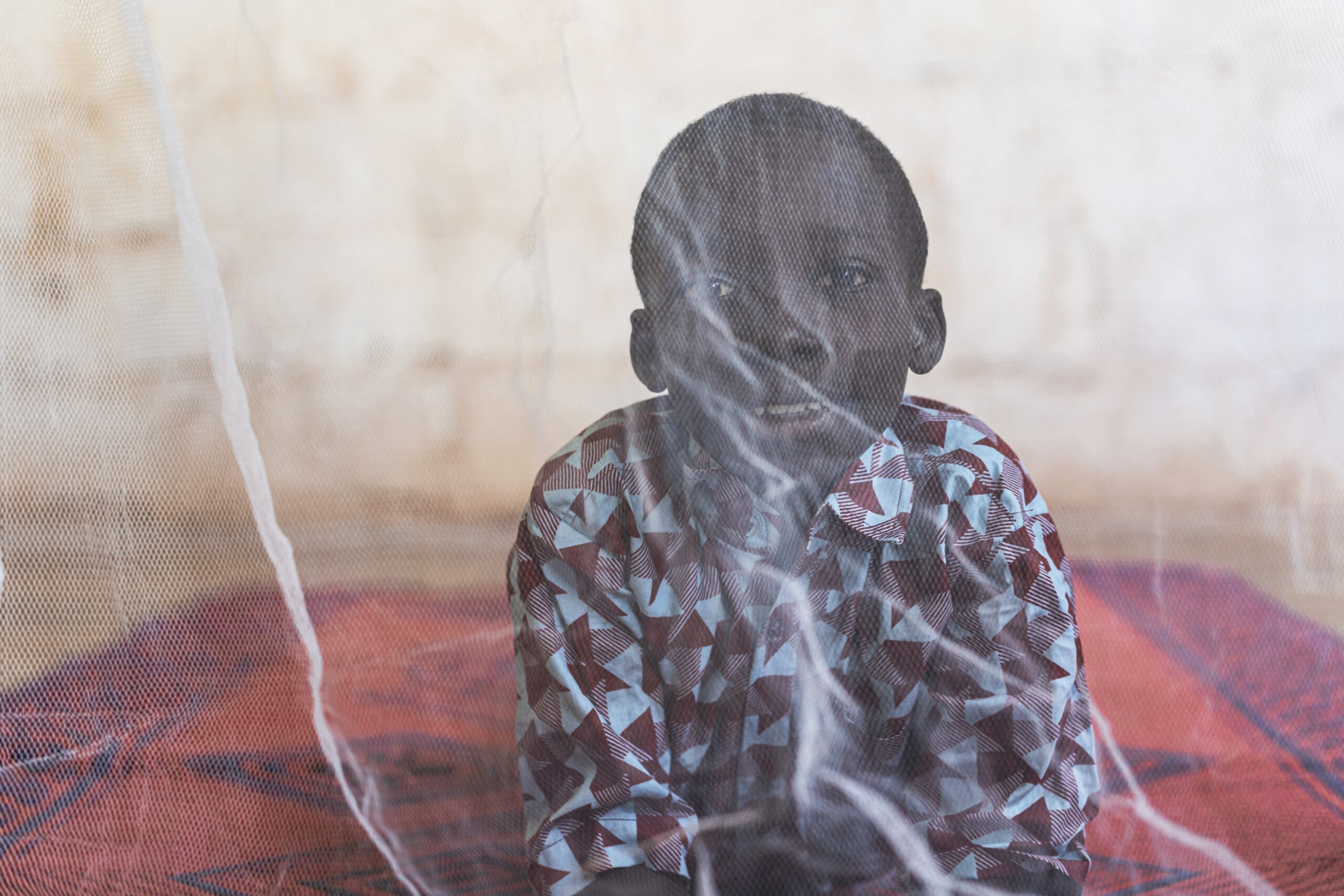Como ajudamos na luta contra a malária
Tudo o que o MAP faz está orientado para a obtenção de impacto. Isto só acontece através do envolvimento com aqueles que tomam as decisões que interessam, incluindo decisores políticos, financiadores e pessoal do programa de controlo da malária.
O nosso impacto
O que fazemos
MAP is dedicated to driving positive impact in malaria policy, funding decisions, scientific research and capacity strengthening. We prioritize research excellence in generating analytical insights that accelerate progress towards malaria eradication.
Our pioneering global map of Plasmodium falciparum malaria endemicity has served as a crucial resource for global malaria strategy and policy formulation, national program implementation, and monitoring efforts. For years, we have maintained the largest and most comprehensive malaria data repository which provides core malaria analytics such as malaria burden and intervention coverage and cause-specific mortality estimation, to World Health Organization’s annual World Malaria Report. MAP’s analytical insights also guide decisions on RTSS vaccine prioritisation, the Global Fund’s allocation and replenishment decisions across diseases and countries, and inform progress, projections, and advocacy for investment cases. We are also key contributors to the Institute of Health Metrics’ Global Burden of Disease study.
Our estimates and model outputs are used by a range of downstream stakeholders including intergovernmental organizations, funding and implementing partners, modeling groups and research organizations. Notable examples include contributions to the World Bank’s global database, ALMA’s scorecard, Malaria No More Commonwealth Dashboard and the President’s Malaria Initiative annual performance monitoring and reporting to congress
MAP’s role in creating robust evidence for national malaria policy and decision-making is further strengthened by presence on the African continent, where we provide tailored, timely support to 40 malaria-endemic countries. This support is closely integrated with efforts to strengthen research leadership in geospatial malaria modelling to ensure sustained impact.

